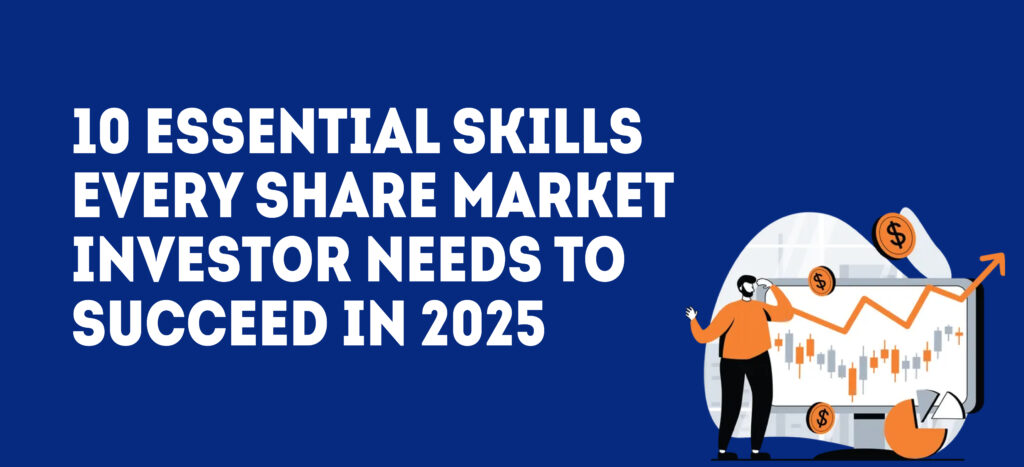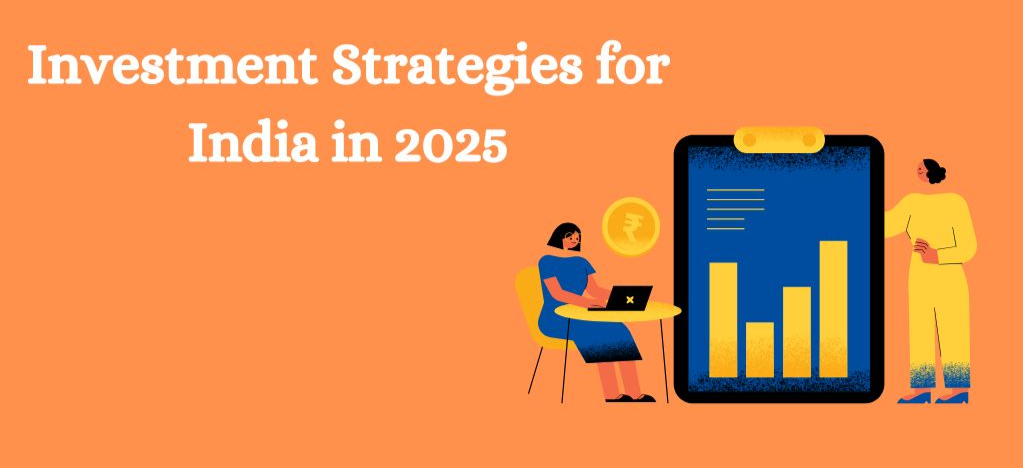Looking to begin trading but not sure how much money you need for it? Then, let’s be straightforward right in the beginning. In India, there’s no minimum amount to begin trading. As a result, starting your trading activity is possible with Rs. 100!
Of course, brokerage fees and taxes apply, and you will learn these aspects during trading courses in Pune. Let’s learn more.
No Fixed Minimum Requirement
So, as stated earlier, the Indian stock market doesn’t demand a big amount to invest. You only need as little as Rs 100– Rs 500 to trade in India. However, you must remember, meaningful returns (returns that keep you motivated) usually require higher capital.
Account Opening Charges
Another important consideration while beginning your trading journey is the account opening charges and annual maintenance costs.
For example, opening a Demat + trading account costs Rs. 0 to Rs. 500. Many brokers offer free accounts as part of their promotional strategy.
However, another essential aspect, particularly the one that can cost you is the Annual Maintenance Charges (AMC) of the broker. It can be Rs. 0 to Rs. 300 per year or more, depending on the broker. The fees can be different depending on the broker you choose.
Margin and Leverage (Optional)
Many brokers offer margin trading. But what is margin trading? It is a type of trading that enables traders to enhance their purchasing power in the stock market. It means, traders can buy stocks beyond their existing financial capacity.
The stockbroker makes it possible for traders to purchase stocks by offering them additional funds on favorable terms. So, when you have a credit card, the money you borrow accumulates interest over time.
While this seems a great and attractive strategy. It increases both potential profit and risk.
Ideal Starting Capital Based on Trading Type
Each trading strategy requires a certain amount of capital to be able to trade well and be able to diversify and experiment in various options.
Intraday Trading
Start with ₹5,000–₹25,000 for learning and practice. Usually, this is a decent entry point. You can buy a few lower-priced stocks, understand order placements, and monitor price movements while developing expertise and capabilities to use the platform. Think of it as a practice period where you invest a fair amount, test strategies, learn from your mistakes, and don’t take a huge hit even if you lose all the money you’ve invested.
Swing Trading
₹10,000–₹50,000 for holding trades a few days. Most people are comfortable investing this capital. This amount lets you have more flexibility to diversify your investments across various stocks and even other investment alternatives, suitable for beginners, to help them diversify.
Thinking about what Swing Trading is and what it is? Then your wait is over because we have covered it for you. Read our blog on “Beginner’s Guide to Swing Trading for Riding Market Trends” to know more about it.
Positional/Delivery Trading
₹20,000+ for long-term investments – A higher initial capital can help you explore various trading options. It is like a bowling team having abundant runs on the board to try various bowling styles and strategies to stop the batting team!
Start with small trades to learn how to manage risks. Do not put at risk more than 1-2% of your capital when you start. Scale gradually while learning the various aspects of trading.
Brokerage & Transaction Costs
Brokerage charges are an integral part of the trading world. Most brokers charge a flat fee Rs. 0– Rs. 20 per order, depending on the broker. Some other charges that impact the trading profit also include STT, SEBI charges, GST, and exchange transaction charges.
Worried whom to choose your stock broker for financial related purposes? We have covered it for you. Read our blog on “How To Choose The Best Broker: A Comprehensive Guide” to know more details about it”.
Additional Costs
Some additional costs also include charting tools or premium platforms (optional). Additionally, you will require Internet/data and mobile app charges. Although basic, these are necessary infrastructural costs that you must also consider.
Focus on Learning, Not Just Capital
Usually, beginners look at earning quick money through day trading. It isn’t just risky, but requires significant expertise and risk tolerance capacity. Instead, newbies must focus on learning and not just capital. Besides, they must look at long-term investing, allowing their invested money to grow over time and reduce the impact of market changes.
Learning can involve investing in stock trading courses in Pune and practicing on mock trading apps where they can make mistakes and learn. Additionally, paper trading allows you to practice buying or selling stocks and other instruments without putting your money at risk.
Want to Begin Trading Smartly and Confidently?
Join Wealth Note. We are a trusted trading institute in Pune with years of experience helping thousands of students begin trading and investing independently.
Our comprehensive courses cover the technical, strategic, and emotional aspects of stock market investments and trading. We let students practice on live systems, enabling them to study the market and make informed decisions on their own. Thus, many of our students have built a successful career in stock trading.
So, whether you want to trade with a small amount or step inside with a massive capital, educating yourself is crucial. Wealth Note will help you with it. Call us at +91 7068001919 to know more about our courses, fees, and overall student support.






